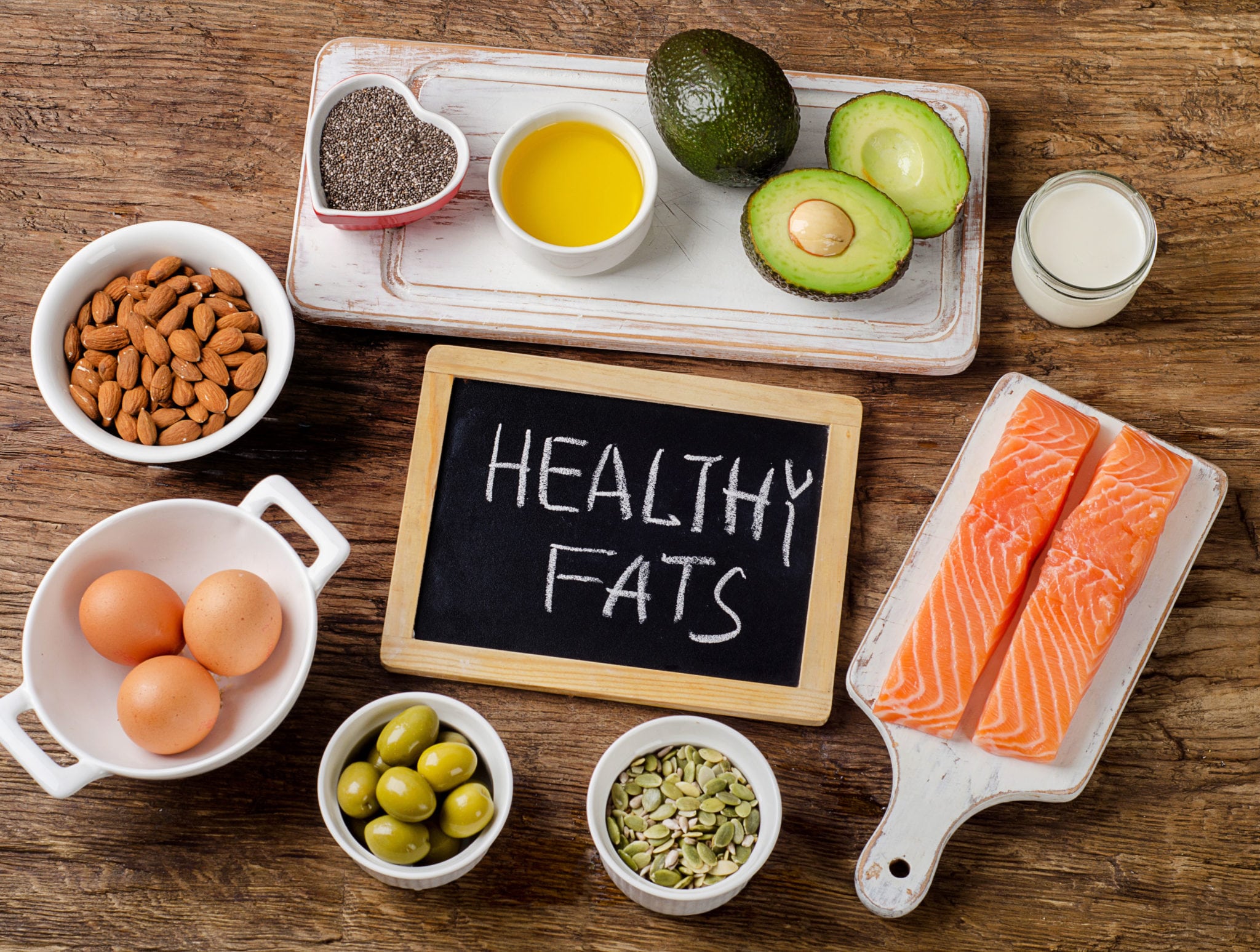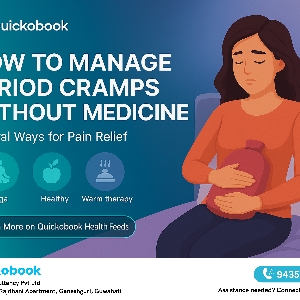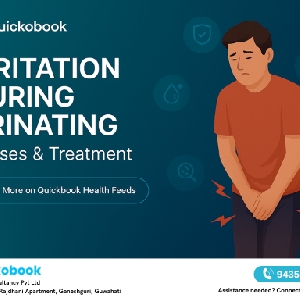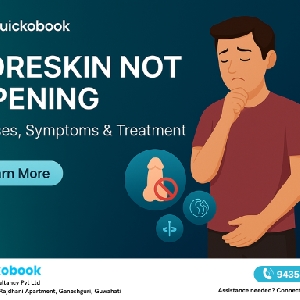Importance of fat in our body
Fats are an important part of your diet but some types are healthier than others. Choosing healthy fats from vegetable sources more often than less healthy types from animal products can help lower your risk for heart attack, stroke, and other major health problems.
What Are Fats?
Fats are a type of nutrient that you get from your diet. It is essential to eat some fats, though it is also harmful to eat too many.
The fats you eat give your body the energy that it needs to work properly. During exercise, your body uses calories from the carbohydrates you have eaten. But after 20 minutes, exercise then depends on calories from fat to keep you going.
You also need fat to keep your skin and hair healthy. Fat also helps you absorb vitamins A, D, E, and K, the so-called fat-soluble vitamins. Fat also fills your fat cells and insulates your body to help keep you warm.
The fats your body gets from your food give your body essential fatty acids called linoleic and linolenic acid. They are called "essential" because your body cannot make them itself or work without them. Your body needs them for brain development, controlling inflammation, and blood clotting.
Fat has 9 calories per gram, more than 2 times the number of calories in carbohydrates and protein, which each have 4 calories per gram.
All fats are made up of saturated and unsaturated fatty acids. Fats are called saturated or unsaturated depending on how much of each type of fatty acid they contain.
Types of fat
Saturated fats raise your LDL (bad) cholesterol level. High LDL cholesterol puts you at risk for heart attack, stroke, and other major health problems. You should avoid or limit foods that are high in saturated fats.
- Keep saturated fats to less than 6% of your total daily calories.
- Foods with a lot of saturated fats are animal products, such as butter, cheese, whole milk, ice cream, cream, and fatty meats.
- Some vegetable oils, such as coconut, palm, and palm kernel oil, also contain saturated fats. These fats are solid at room temperature.
- A diet high in saturated fat increases cholesterol buildup in your arteries (blood vessels). Cholesterol is a soft, waxy substance that can cause clogged, or blocked, arteries.
Eating unsaturated fats instead of saturated fats can help lower your LDL cholesterol. Most vegetable oils that are liquid at room temperature have unsaturated fats. There are two kinds of unsaturated fats:
- Mono-unsaturated fats, which include olive and canola oil
- Polyunsaturated fats, which include safflower, sunflower, corn, and soy oil
Trans fatty acids are unhealthy fats that form when vegetable oil hardens in a process called hydrogenation. Hydrogenated fats, or "trans fats," are often used to keep some foods fresh for a long time.
Trans fats are also used for cooking in some restaurants. They can raise LDL cholesterol levels in your blood. They can also lower your HDL (good) cholesterol levels.
Trans fats are under review for their health effects. Experts are working to limit the number of trans fats used in packaged foods and restaurants.
You should avoid foods made with hydrogenated and partially hydrogenated oils (such as hard butter and margarine). They contain high levels of trans-fatty acids.
It is important to read nutrition labels on foods. This will help you know what kinds of fats, and how much, your food contains.
You can book a health specialist at Quickobook.com and clear your queries at your earliest convenience









Comments (0)
No comments yet. Be the first to share your thoughts!
Leave a Comment